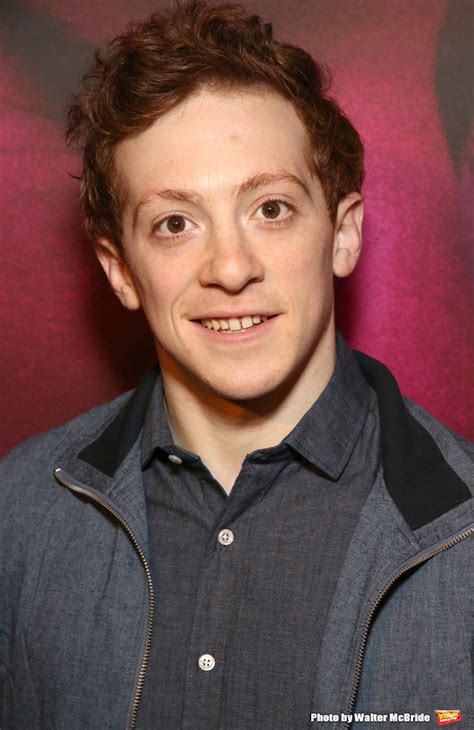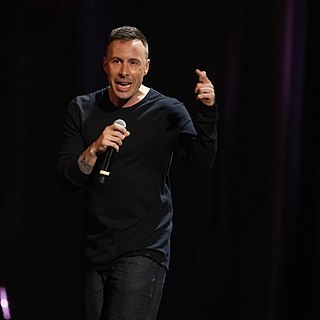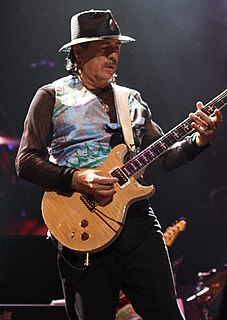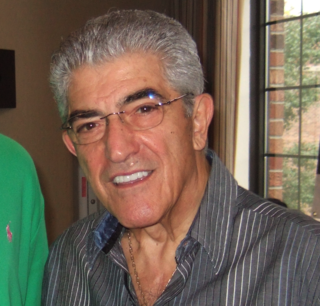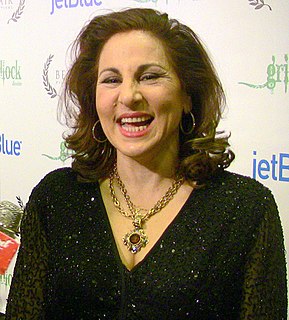A Quote by Ethan Slater
SpongeBob's voice is really pingy and forward and nasally. The problem is, if you live in the extreme of that for more than 10 minutes, it can be a little grating, and it can be hard on your voice. Also, it gets in the way of the acting to be forcing your voice into this place.
Related Quotes
I had to get the voice back, the precise pitch of Sid's voice and I'd forgotten that I'd pitched him higher than my regular voice, so that was a little difficult to begin with. It was especially hard because we started recording in the morning so I had to warm up a lot and my usual voice is a little more gravelly.
We're always being told 'find your voice.' When I was younger, I never really knew what this meant. I used to worry a lot about voice, wondering if I had my own. But now I realize that the only way to find your voice is to use it. It's hardwired, built into you. Talk about the things you love. Your voice will follow.
There's this pet phrase about writing that is bandied around particularly in workshops about "finding your own voice as a poet", which I suppose means that you come out from under the direct influence of other poets and have perhaps found a way to combine those influences so that it appears to be your own voice. But I think you could also put it a different way. You, quote, find your voice, unquote, when you are able to invent this one character who resembles you, obviously, and probably is more like you than anyone else on earth, but is not the equivalent to you.
My reality is that God speaks to you every day. There's an inner voice, and when you hear it, you get a little tingle in your medulla oblongata at the back of your neck, a little shiver, and at two o'clock in the morning, everything's really quiet and you meditate and you got the candles, you got the incense and you've been chanting, and all of a sudden you hear this voice: Write this down. It is just an inner voice, and you trust it. That voice will never take you to the desert.
But I'm pretty lucky with my voice. When I first started touring I went to see a woman to give me some coaching on how not to lose my voice. And she was just saying really your voice is a muscle so if you're using it all the time you should actually come back from tour with a stronger voice than you left with. And that's really how I find it.
While voicing animations I use the same acting muscles, even more because you have to channel all into your voice, whereas when you're live-action you get props and scenery and other actors and your facial expressions and what happens to help you. It's not necessarily easier as an actor to do voice-overs, it's easier as a person.
